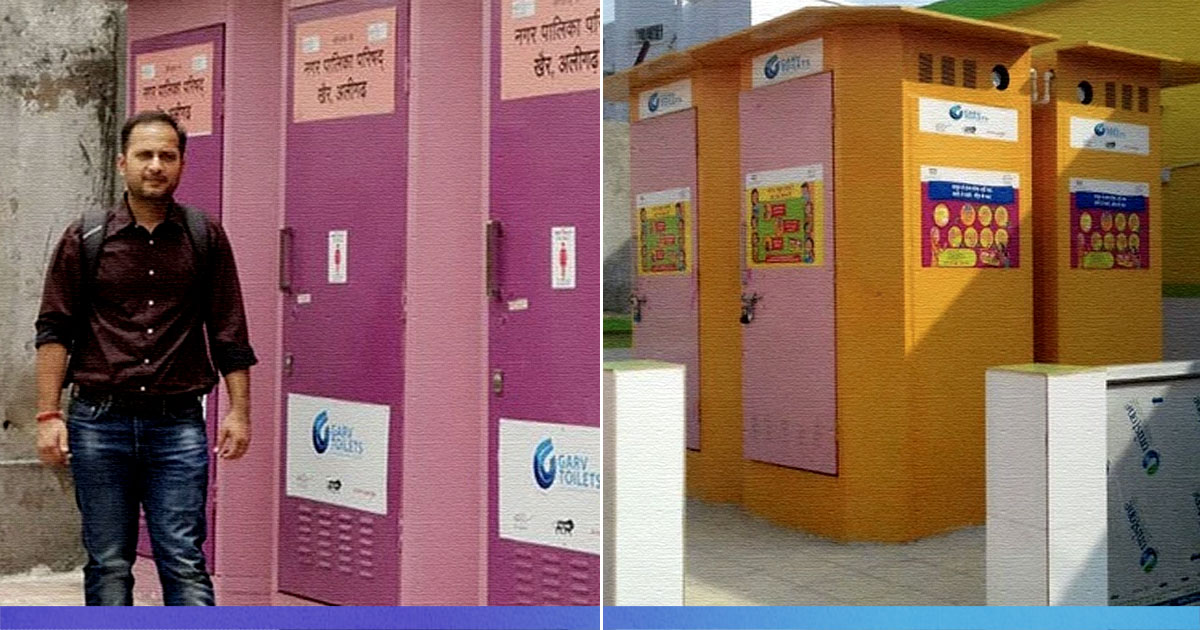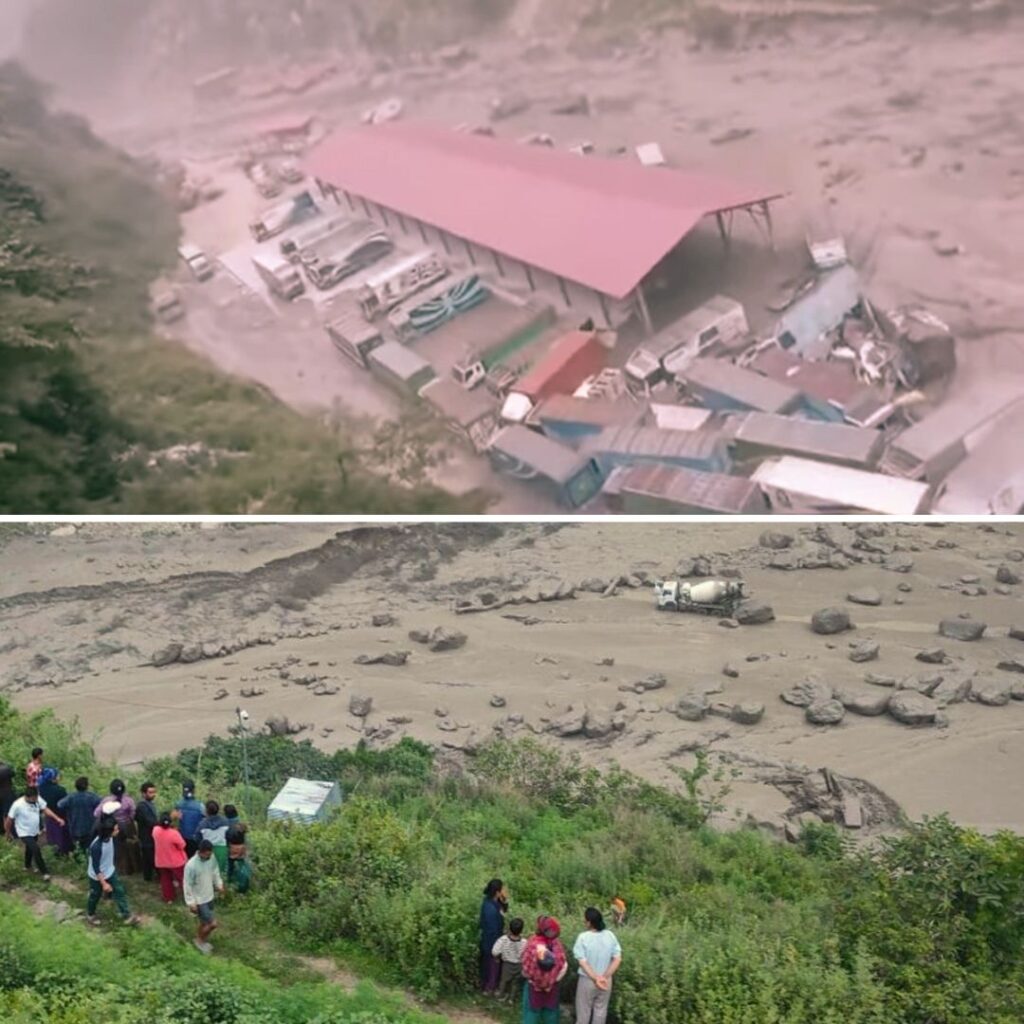While our country still struggles with the problem of open defecation years of independence, a young man, Mayank Midha, is on a pursuit to make the country open defecation free. Mayank is an electronics and communication engineer and has acquired his MBA from the prestigious Institute of Rural Management Aanad (IRMA).
To address the sanitation problem, Mayank, along with his wife Megha Midha, founded GARV Toilets in the year 2015. GARV Toilets has built 721 toilets in India and also has their wings spread across four other countries – Ghana, Nigeria, Bhutan and Nepal.
What Is Special About GARV Toilets?
These toilets are Internet of Things (IoT) enabled and are integrated with solar panels, battery packs, auto flush and floor cleansing technology. They are user and disabled friendly and come in both Indian and Western styles.
About 2.3 billion people around the globe do not have access to basic toilet facilities. In India, around 600 million people are devoid of this basic necessity, of which 5 million people belong to urban slums.
Before starting with GARV Toilets, Mayank worked with the telecom giants Airtel and Telenor. It was during this time that the uncanny resemblance between Base Transceiver Station (BTS) cabinets and toilet cabinets, coupled with the awareness of issues in Indian public toilets that gave birth to the idea of building public toilets fabricated from metal. Mayank and Megha invested Rs 10 lakh in the company while registering it in 2015.
“A large part of my career has been in the manufacturing domain. I was working with Airtel and Telenor, where we were delivering telecom equipment like BTS cabinets, which resembled to toilet cabinets,” said Mayank.
Similar to all the other startups, high cost and convincing buyers were among the several challenges faced by them. Besides, they did not get any support from the government and NGOs for the initial two years. Integrating the technology was also an issue as they wanted a simple and easy-to-use design.
In 2017, they carried out a pilot project with the Faridabad municipality but it did not work and led them to pitching their idea for Corporate Social Responsibility (CSR).
In the same year, GARV Toilets was invited by a Patna based foundation to install toilets in a government school where they installed the setup without IoT enabled applications. This whole project was funded by Coca-Cola. After this initial success, GARV toilets had a great response and installed 100 pre-fabricated toilets for various CSR projects and private companies.
2018 was a big year for both Mayank and GARV Toilets, as Mayank was recognised with the Unilever Young Entrepreneur Award and the company’s total toilet installation shot up over 700.
The IoT enabled applications helps the team analyse the behavior of users like flushing the toilet, washing hands or if someone is damaging the setup. It also sends out an image of the faulty area and so it is easy for the team to solve the issue.
The toilets are designed and manufactured in-house and only the electronics are out sourced. The setup costs around Rs.2.7 to 4 lakhs with electronics and 1.8 lakhs without it. Currently, GARV Toilets is working in a slum near Faridabad where a family of four can use the toilet for a month by paying just Rs.250 to 300.
The toilet uses two litres of water or less in comparison to the conventional toilets which uses five to six litres and is thus environment friendly. This is because the entire surface is made of steel and does not require any chemical to clean the surface.
GARV Toilets have also recently signed a contract with the Delhi Metro where they will install toilets and later integrate them with metro cards so that the users can access them.
GARV Toilets currently has a core team of six including Mayank and Megha and 27 non-core team members. The team is also eyeing a subscription based model where users can buy a plan to use the facility. Moreover, they are also planning to install water ATMs outside these toilets for public use.











